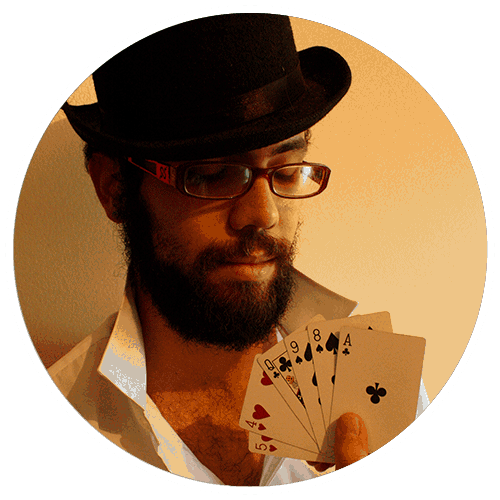Earlier this month, the Maine State House of Representatives voted, by a narrow 73-67 margin, against a tribe of local Native Americans who are seeking to open a casino in the state. Native American tribes across the United States have been offering casino games for over 25 years as the US constitution was interpreted to separate Native Americans from other citizens for this express purpose.

In most cases, the tribes offer these games at a casino owned by the tribe but in some cases as in the present instance in Maine, the tribe simply wants to be able to operate slot machines and offer some table games on tribal land. The case in Maine involves a sub-group of the Maliseet Indians, called the Houlton Band.
Maine Law Prevails
The case is based in a technicality of Maine law. The state Supreme Court can offer its opinion on cases when the legislature, by a simple majority, asks the court to do so. The Houlton Band has been trying to get that simple majority for some time. This defeat means that the state Supreme Court has no authority to allow the Band to operate some casino games on their native land.
Democrat vs Republicans
Members of the Democratic Party were far more amenable to the Native American’s request with 53 yes votes as opposed to only 14 yes votes from members of the Republican Party. The request to the House of Representatives was in reality a request for a request; that the House would ask the Supreme Court to adjudicate the matter. The Band was not asking the House of Representatives to approve casino gaming; rather the Band was asking the House to ask the Court to render a verdict on the legality of an Indian tribe operating casino games on their land.
State Approval Needed
US Federal Law divides gambling on Indian land into two distinct categories. Class I and Class II games are allowed. These include bingo and other non-casino games. For a tribe to run traditional casino games, the tribe must come to a formal agreement with the state. So the Houlton Band has been seeking a chance to come to an accommodation with the state.
The Maliseet Indians have a non-voting member of the House of Representatives, Mr. Henry John Bear. Bear made the Band’s case to the House by stating that the chance to run casino games would have a much-needed positive impact on the overall economic situation of the tribe. He stated that the tribe wants to be self-sufficient, to be able to provide for its own people without state aid. While Native Americans often still live on their native land, they have a severe unemployment rate that leads to poverty and the social dysfunctions that stem from poverty. Casinos have raised the economic level of American Indian tribes across the country.
In the Legislature
In the State of Maine, the House of Representatives is considered the upper chamber of the state congress and the Senate is the lower chamber. A member of the State Senate from Portland, Sen. Benjamin Collings introduced a bill last year that would allow recognized Indian tribes to operate casinos in the state. The measure has never passed the state House of Representatives even though this time the vote was quite close.
Maine is a conservative state in New England in the far north-eastern corner of the US. Although the urban areas are more liberal, the countryside is still quite conservative. Maine voters in November of last year rejected resoundingly a ballot initiative that would have expanded casino gaming in the state. Only 17% of voters voted yes on the initiative.
So, it is somewhat surprising that the vote in the House of Representatives was so close. It indicates that the issue is gaining support in the legislature, primarily among members of the Democratic Party.
The Role of Politics and Economics
State political intrigue also plays a part in making this a controversial issue. In 2003 a man named Sean Scott persuaded the state legislature to allow him to introduce slot machines at his racetrack in Bangor. He won state approval and then sold the racetracks for $51 million.
There are already two licensed land based casinos in Maine. These casinos pay taxes to the state from gambling revenues. One casino gives 39% of slots revenues to the government and the other gives 46%. Both casinos pay a 16% tax on table games.
These casinos are not Indian casinos; they are privately owned and operated. Nationally, the Indian tribes that have reached agreements with their local authorities pay a far lower percentage of revenues to the governments. So, there is also the element of how large the percentage that an Indian run casino would give to the state and whether the Indian run casino would actually cut into state gambling revenues.
The political outlook in Maine has been trending Democratic for many years but the Republican party still has a great deal of power there. The Indian tribes that want to open casinos on their lands will certainly try again in the next legislative session. There are four recognized Indian tribes living on native land in Maine. Some have said that the tribes need to band together in order to sway the political machinery of the state toward the cause of Native American casinos in Maine.
Uniting Indian Tribes a Challenge
The four Indian tribes don’t see eye to eye on other matters. Two tribes recalled their non-voting members in the state legislature because of a spat with the Governor. So, while this particular vote was close, the overall issue of Maine Native American tribes running casinos on their land is far from resolved and at this time far from any interim approval.





